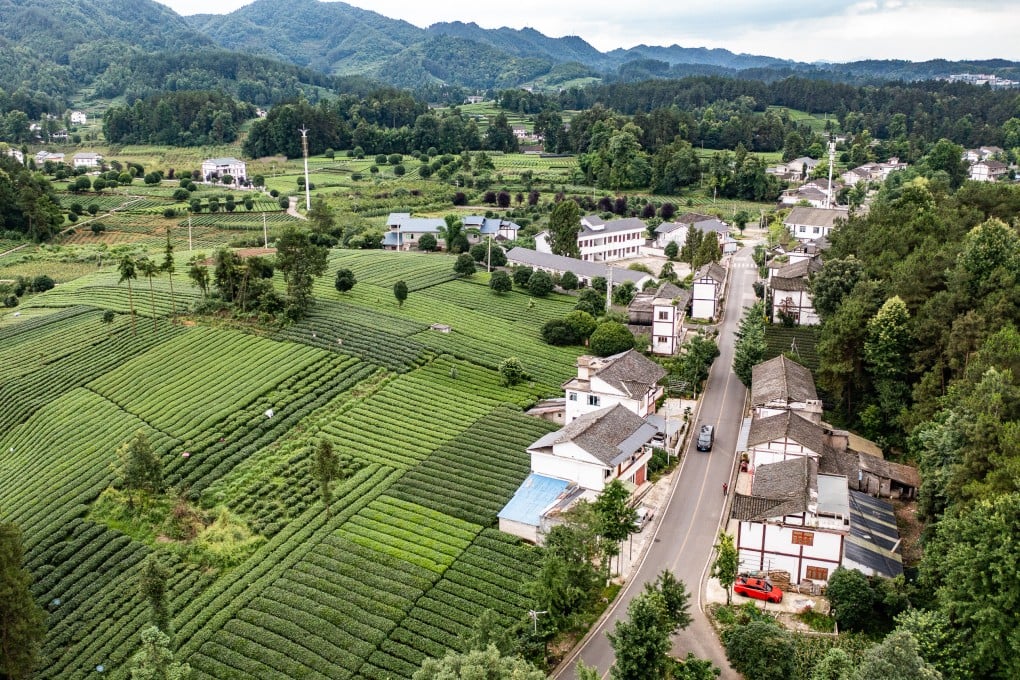China’s rural land reform could be a cash cow for farmers after bold move at third plenum
- Long hindered by restrictions on profiting from land on which they live, rural residents now face a ‘very valuable’ proposal

China’s latest blueprint on rural land reform features a major push toward an issue that farmers and analysts have been anticipating, but which Beijing has been prudent in embracing.
Through easing restrictions on the use of residential property in the countryside, farmers should be able to explore various commercial purposes to capitalise on the land.
Under existing laws, rural homes are only tradeable within the same village and cannot be used as collateral for loans – a rule widely believed to have led to wasted resources while hindering farmers from raising capital amid the process of urbanisation.
And while it was ambiguous and will need to be laid out later in legislation, the pledge represents an important policy decision in breaking down limitations to the use of rural property, which on paper is owned by village collectives and only meant to serve as farmers’ current residence, according to Zheng Linyi, a researcher with the China Academy for Rural Development at Zhejiang University.